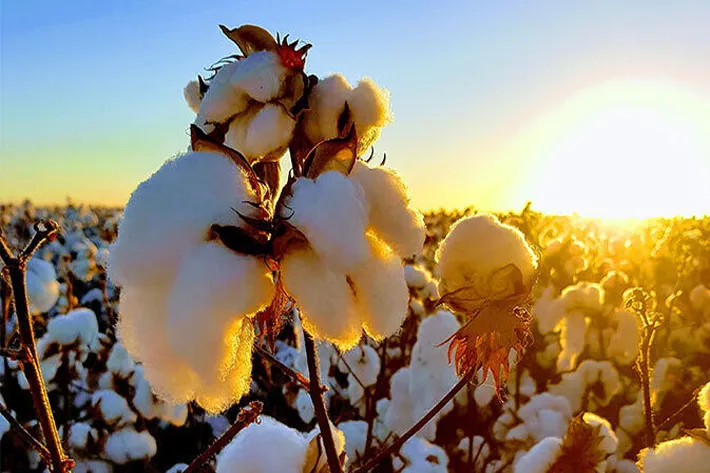The Cotton Company of Zimbabwe (COTTCO) has paid US$19.3 million to farmers to date, out of the US$23.6 million it owes, the State-run company said in a recent update.
In terms of the local currency debt payment, the company has only managed to settle ZWL$5.4 billion out of ZWL$28.8 billion.
The Zimdollar payments will be made at the prevailing bank rate.
COTTCO also said 168 428 farmers have received inputs, which consist of seed, fertiliser and herbicides for the current planting season.
At least 3 211,48 tonnes out of 4 537 of seed and 15 497,50 tonnes of Compound L have been disbursed to farmers.
Speaking to NewsDay, Zimbabwe Commercial Farmers Union president Shadreck Makombe expressed unhappiness over COTTCO’s failure to pay farmers timeously. Makombe said:
We are not happy at all with the way Cottco has been run and even as of now, there are some changes, but we are yet to realise the effect of those changes on the ground.
We continue lobbying and advocating for the best for farmers. We continue knocking on their doors… We would want it to improve.
We expect that things will move in the right direction, considering that cotton was known as white gold.
He said inputs were available but discouraged farmers from further planting saying it’s too late for that. Said Makombe:
But as for planting, we are now discouraging farmers because we are in the middle of the season, which is a bad season.
Yes, as it stands right now, the Meteorological (Services) Department has told us that there will be rains, and in the past, there were rains, meaning the crop which was (already) planted is doing well because of the rains.
However, we don’t encourage farmers to plant going forward because even those ultra-short season seed varieties can be affected. After all, the season is so short.
Cotton used to be one of Zimbabwe’s major agricultural export commodities but production of cotton has been on the decline since 2013.
Before 2013, production was between 200 000 and 350 000 tonnes.
However, there has been a notable improvement in production in recent years.
According to statistics from the Agricultural Marketing Authority (AMA), the nation produced 137 702 tonnes in 2021, up from 91 712 the year before.
Production further increased by 67% to 89,6 million kilogrammes during the 2022/23 farming season.


